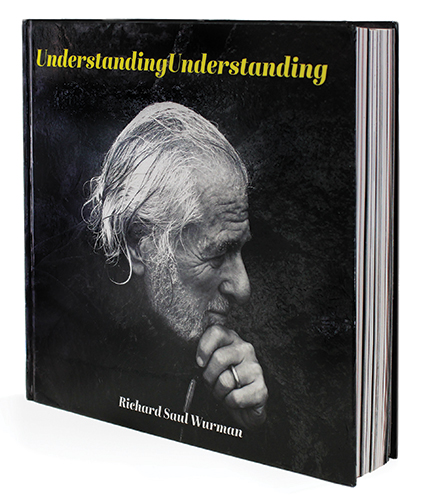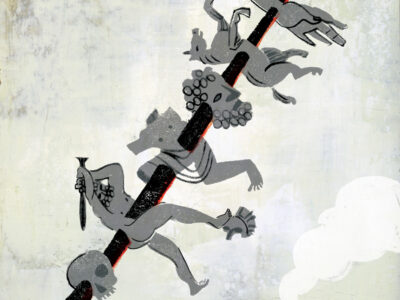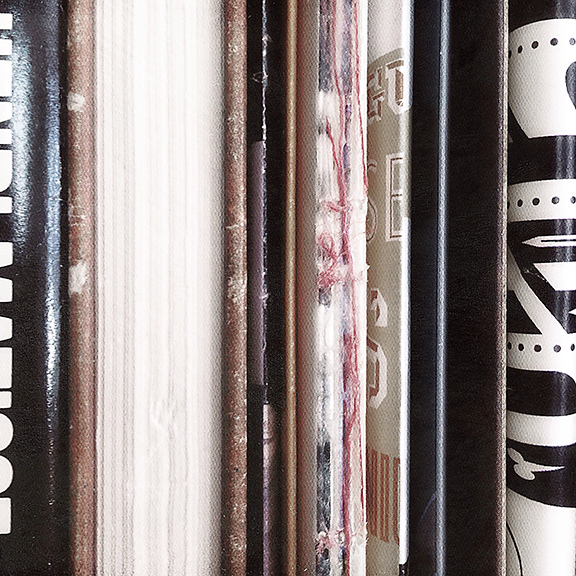
It’s the process, stupid.
UNDERSTANDINGUNDERSTANDING
By Richard Saul Wurman Ar’58 GAr’59
(Richard Saul Wurman & Jack Dangermond publication, 2017, $75.00.)
Richard Saul Wurman Ar’58 GAr’59 has spent much of his career trying to understand the acquisition and transmission of knowledge. To that end, he created the TED conference, the TEDMED conference, and the WWW conference. His 90 (!) books include Information Architects (1996), Understanding USA (1999), Understanding Children (2002), Understanding Healthcare (2004), and 33: Understanding Change & the Change in Understanding (2009).
His latest, weightiest work, UnderstandingUnderstanding, which he published last year with Jack Dangermond, builds on and reframes the ways those earlier books chronicle the journey to understanding, and examines how each approaches understanding differently. In doing so, he explores the various ways in which we understand understanding, how we can come to terms with being the dumbest person in the room, and what to do about it.
“If I don’t ask,” he says, “I don’t get.”
The first test of your ability to really understand understanding is the book’s unconventional organization and layout. It’s not easy to get your mind around the bursts of vignettes, interviews, reminiscences, poems, and fables. At times it’s a photo gallery; at times a kind of time capsule filled with aphorisms (“Learning is remembering what one is interested in”; “Understanding is a path, not a point”; “You only learn something relative to something you understand”). It could have just as aptly been titled “A Celebration of Conversation” as it explores, structurally and conceptually, the paths, webs, and directions of understanding that stem from his conversations with his many mentors.
Atop that list was legendary architect and Penn professor Louis Kahn Ar’24 Hon’71 [“Constructing a New Kahn,” Mar|Apr 2013]. “I first met Lou Kahn at the University of Pennsylvania School of Architecture in 1953,” writes Wurman in the section titled “Musing with the Mentor.” “His words removed the filter between my brain and my mouth.”
“I think about Lou Kahn every day, even when I don’t think about him,” he adds. “Because if I paused and thought about it, I’d realize why am I obsessed with clarity, why am I obsessed with my jag about ignorance? Is it my shtick, my stage show, my way of peeling off from the crowd? Or is it, as I’ve come to learn, who I am, which is based on the centering of being dumb that Lou Kahn gave me.”
At one point during Wurman’s conversation with Vaclav Smil—the celebrated scientist, author, and policy analyst—Smil says: “People just Google information and use Wikipedia, that’s how people understand now, right?” That suggestion brings into question the very nature of Wurman’s book, since in the digital age, when information is available at the click of a button, what is the point of grasping the concept of understanding? Wurman would argue that the beauty lies not in the destination but in the way we arrive there. Only by understanding that process can we gain true understanding.
—Sophia Clark C’19




